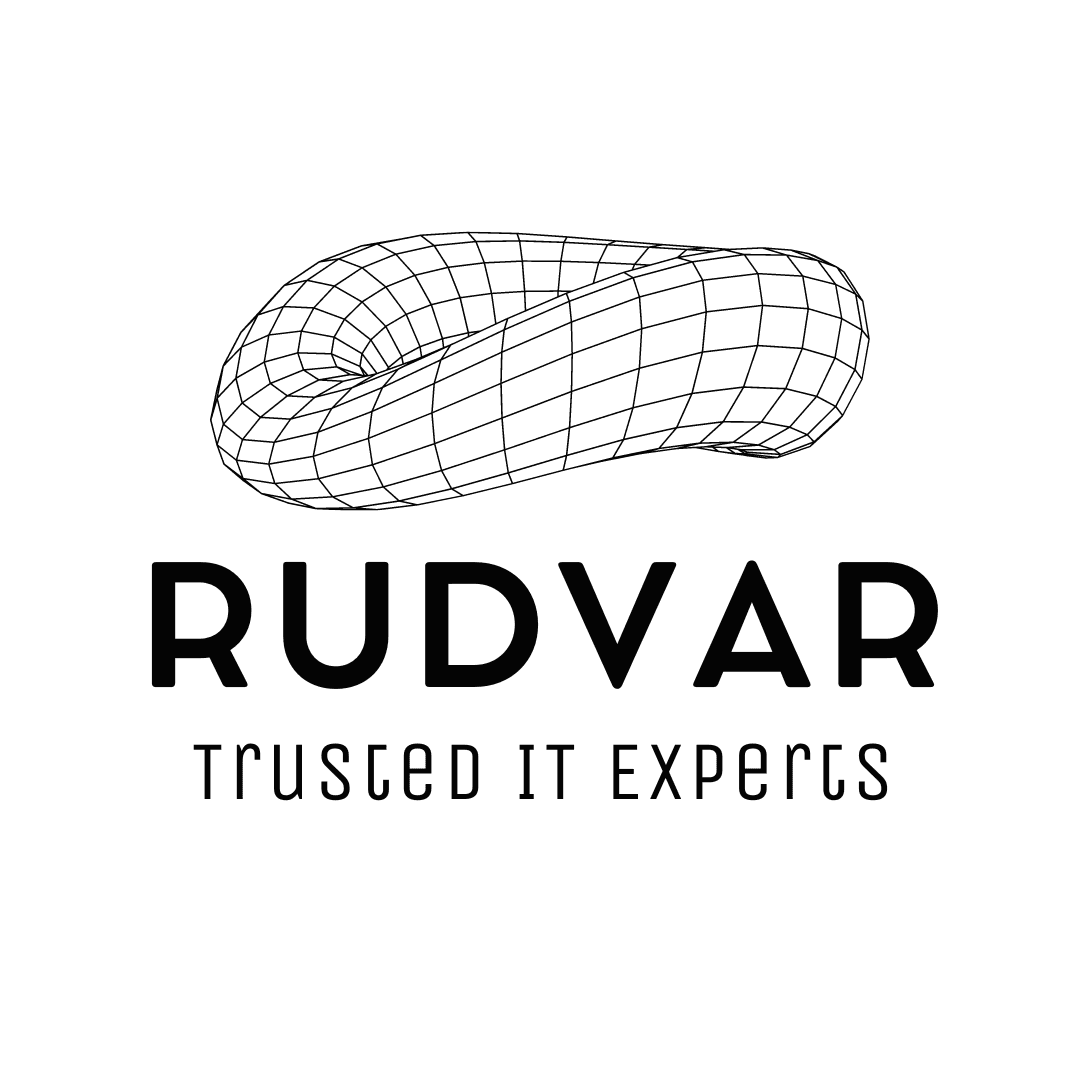Aspiring entrepreneurs and CEOs often find themselves in a rush to kickstart their SaaS (Software as a Service) product development. The excitement and drive to bring a new idea to life can lead to impulsive decisions like quickly hiring agencies and jumping into development without a clear plan. However, this haste often backfires, resulting in project delays, increased costs, and uncertain outcomes.
In this blog post, we’ll delve into why taking the time for comprehensive technology research is crucial before embarking on your SaaS startup journey.
The Allure of Speed
It’s understandable why CEOs and startup founders want to move quickly. The tech industry thrives on innovation and speed to market. There’s pressure to be the first to introduce a disruptive solution or capture a niche market. Moreover, investors and stakeholders often push for rapid progress. However, the impulse to rush into development without a solid technological foundation can lead to significant setbacks down the road.
I won’t say that this is bad for a business. It’s quite important to have a fast pace while building a product. But you would also like to be steady and consistent in your journey.
The Pitfalls of Insufficient Research
Imagine starting to build a house without a blueprint. Similarly, developing a SaaS product without a detailed technology plan can lead to chaos. Here are some common pitfalls of insufficient research:
1. Misaligned Expectations
I would like to give you a real-life example. When we were building a live-streaming app for a company, we spent two weeks thoroughly examining each and every feature. During the requirement-building phase, we asked them multiple questions that eventually made them reconsider their strategy. This helped them to build a simple yet robust app. Which eventually attracted more and more paid customers.
I am deeply involved in every project we work on. My team and I engage in multiple brainstorming sessions to fully comprehend business requirements and features. Thereby allowing us to choose the right technology or propose a better strategy.
Without a clear understanding of the technological requirements and possibilities, stakeholders — including investors, marketers, and developers — may have vastly different expectations. This misalignment can cause confusion and disagreements later in the project.
2. Scope Creep
Lacking a comprehensive plan often results in scope creep. Additional features or changes emerge during development, pushing deadlines further and increasing costs. A well-researched plan helps define the project scope and prevents unnecessary expansion.
3. Inefficient Development
Starting development without a detailed roadmap can lead to inefficient coding practices. Developers may need to backtrack or rewrite code as new requirements surface, wasting time and resources.
4. Technical Debt
Rushing into development often means neglecting important considerations like scalability, security, and maintainability. This can accumulate technical debt — issues that will need to be addressed later, potentially at a greater cost.
The Importance of Technology Research
To avoid these pitfalls, it’s essential to invest time in thorough technology research before starting development. Here’s why:
1. Clear Vision and Roadmap
We expect our clients to provide a detailed explanation of each feature they want in their product. This helps us understand their requirements better. Based on their inputs, we create a requirement sheet that includes the UI design and working of each feature. Once the sheet is ready, we share our product idea with the client and explain how each feature works. At this point, we ask the client if they have any suggestions or changes they would like to make.
In-depth research helps crystallize your product vision and create a detailed roadmap. This includes defining user personas, mapping user journeys, and outlining essential features.
2. Feasibility Assessment
Research enables you to evaluate the technical feasibility of your idea. You can identify potential challenges, technical constraints, and necessary resources upfront.
3. Technology Stack Selection
We took almost 1 year to fix a product for a company. Their product was built by some inexperienced software development agency. The tech stack selection was done poorly thereby slowing down the business. We had to change the product fundamentals from scratch while maintaining the development of new features.
Choosing the right technology stack is crucial for the success of your SaaS product. Research helps you select frameworks, databases, and tools that align with your project’s requirements.
4. Risk Mitigation
Identifying risks early allows you to plan mitigating strategies. Whether it’s regulatory compliance, scalability concerns, or integration challenges, proactive research minimizes surprises.
How to Conduct Effective Technology Research
Now that we understand the importance of technology research, let’s outline how to conduct it effectively:
1. Define Objectives
Start by clearly defining your project goals, target audience, and expected outcomes.
2. Technical Exploration
Explore different technologies and architectures suitable for your project. Consider scalability, security, and integration capabilities.
3. Consult Experts
Engage with experienced developers, architects, and consultants to gain insights and validate your ideas.
4. Create a Detailed Plan
Document your findings in a comprehensive technology plan. This should include wireframes, data flow diagrams, and a feature breakdown.
At Rudvar, we help companies build software and consult them with building the most stable and successful product. If you think there’s a match between your requirements and our services then feel free to reach out to us at abhi@surgestartup.com or DM us at
https://www.linkedin.com/in/abhishekpatnaik77/
The allure of speed must be balanced with the necessity of thorough technology research for SaaS startups. Taking the time to lay a solid foundation before starting development pays off in the long run. It aligns stakeholders, prevents scope creep, enables efficient development, and minimizes technical debt. Ultimately, comprehensive research empowers startups to build successful, scalable, and market-ready SaaS products. Remember, in the startup journey, patience in the planning phase can lead to accelerated success in execution.
BLOG




